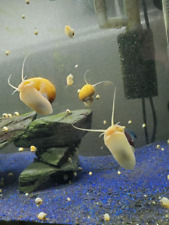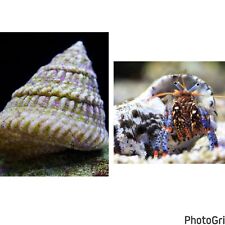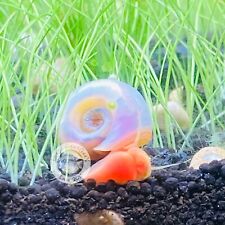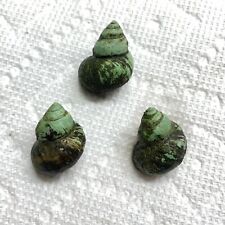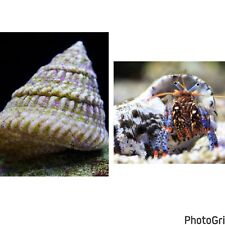Rabbit Health Overview

General Health Checks
Check your rabbit’s nose and eyes for discharge regularly, and ears for wax, debris or flakiness. Also feel your rabbit’s body regularly for unusual lumps or scabs on the fur or skin, and fleas (Regular flea treatments are toxic to rabbits, so get guidance from your veterinarian). Gums should be a healthy pink color. Finally, seek advice if your pet isn’t urinating regularly, and if its droppings are irregular, or change appearance.
Myxomatosis
This is one rabbit problem you’ve probably heard of, although it’s less common in the United States than elsewhere. Blood sucking insects cause this viral and fatal infection. Although there’s no treatment, apart from pain relief and taking care of secondary infections, rabbits can be inoculated. Keeping your bunny indoors will also help protect against myxomatosis. Symptoms include fever, swelling, respiratory problems and general distress, along with eye discharge, lesions, and, sometimes, seizures.
Respiratory Infections
Poor diet, stress and bacteria, sometimes caught from other animals, can cause respiratory infections. Irritants such as dust and dirt can also be factors. The infection to really watch for is pastuerella, since rabbits easily pass it on to each other. Tell-tale signs include runny eyes or nose, sometimes with a fever. Your bunny may also sneeze and wheeze, and, if there’s also an ear infection, shake or tilt its head. The best course of action is antibiotics from your veterinarian.
Overly Long Teeth
Rabbits need a steady supply of hay, grass or leafy greens or chew toys to keep their teeth at a reasonable length. If teeth are too long, they’ll cut into your pet’s mouth, and stop it from feeding. Ask your veterinarian to trim its teeth, or, if necessary, remove them surgically. If the overgrowth has caused lacerations or ulcers, these can be cleared up with antibiotics.
Sore Hocks (Pododermatitis)
If rabbits don’t have the right flooring to their home, such as a solid bottom to cages, their feet become raw and inflamed, since they don’t have protective pads. Obesity, lengthy confinement and too much moisture in their home can make things worse. There may also be calluses and abscesses, which can become infected. Nail-trimming will help, and ointments can treat mild pododermatitis, although more serious cases may need antibiotics.
Gastro-Intestinal Stasis
Because of their complex digestive systems, rabbits can contract this if they become stressed, ingest fur or some other foreign body, have toothache, react badly to antibiotics, or develop gas or indigestion problems. If your bunny goes into stasis, it won’t eat or pass droppings. Lethargy, teeth grinding and hunching up are all other indicators. Act fast – 12 hours without food or droppings means something is seriously wrong. Your vet will probably use a gas reliever or a stomach massage, and maybe fluid therapy or medication as well.
Encephalitozoon Cuniculi
This protozoan parasite is either transmitted via another animal through urine, or ingested. Your rabbit may not show any symptoms until an overgrowth is triggered. Once this happens, you may notice a loss of balance, rolling head tilt or partial paralysis. This problem is treatable, however, with a dewormer from your veterinarian, possibly used alongside an antibiotic.

